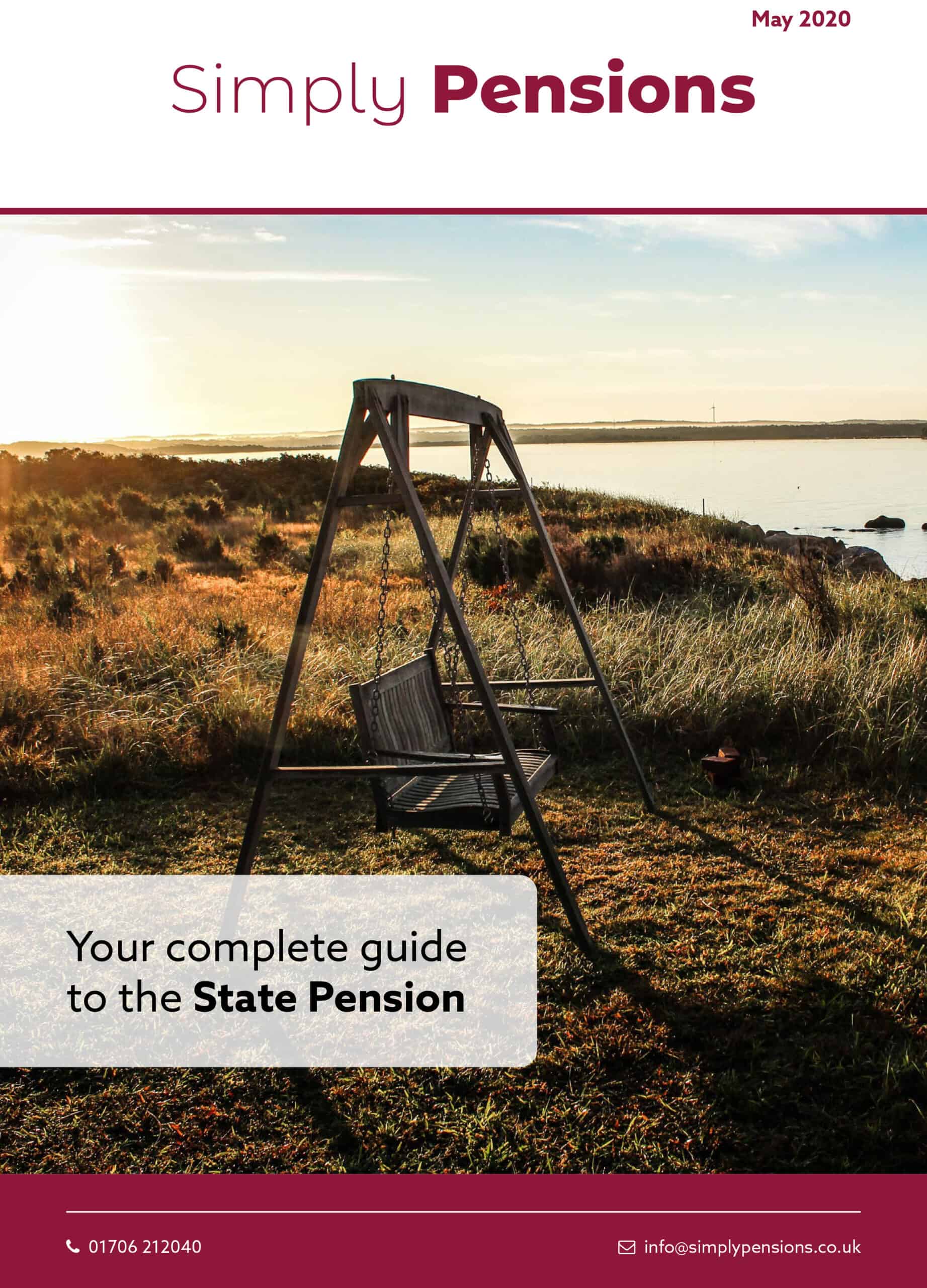Government Widow's Pensions In Spain: Comprehensive Guide For Non-Spanish Residents
Government Widow's Pensions In Spain: Comprehensive Guide For Non-Spanish Residents. Now you can claim it!
Editor's Notes: Government Widow's Pensions In Spain: Comprehensive Guide For Non-Spanish Residents have published today date. Many expats in Spain are unaware that they may be entitled to a widow's pension from the Spanish government. This pension is available to widows and widowers of Spanish nationals, as well as to non-Spanish residents who have made contributions to the Spanish social security system.
If you are a non-Spanish resident who is considering claiming a widow's pension in Spain, it is important to understand the eligibility requirements and the application process. Consulting Government Widow's Pensions In Spain: Comprehensive Guide For Non-Spanish Residents will give you a clear insight into what are the requirements, documents need be prepared and the application process, and how to maximize your pension benefits. We have put together this guide to help you make the right decision.
FAQs
This FAQ section provides detailed answers to frequently asked questions regarding government widow's pensions in Spain for non-Spanish residents.

The Ultimate Strata Cleaning Guide for Sydney Residents | Comprehensive - Source www.comprehensivecleaningservices.au
Question 1: Who is eligible to receive a government widow's pension in Spain?
To qualify for a government widow's pension in Spain, the following conditions must be met:
- The deceased spouse was a Spanish citizen or legally resided in Spain at the time of death.
- The surviving spouse was legally married to the deceased spouse and has not remarried.
- The surviving spouse meets the minimum age and residency requirements. The minimum age is typically 55 years old, but this may be reduced to 52 years old if the surviving spouse has dependent children.
Question 2: How much is the government widow's pension in Spain?
The amount of the government widow's pension in Spain varies depending on the deceased spouse's contributions, the surviving spouse's age and the number of dependent children. However, the minimum pension for 2023 is €651.58 per month.
Question 3: How do I apply for a government widow's pension in Spain?
To apply for a government widow's pension in Spain, you must submit an application to the Spanish Social Security Administration. The application can be submitted online or at a local Social Security office. You will need to provide the following documents:
- Your passport or national identity card
- Your spouse's death certificate
- Your marriage certificate
- Proof of your income and assets
Question 4: How long does it take to process a government widow's pension application in Spain?
The processing time for a government widow's pension application in Spain varies depending on the complexity of the case. However, you can expect to receive a decision within 6 to 8 months.
Question 5: What happens if my government widow's pension application is denied?
If your government widow's pension application is denied, you have the right to appeal the decision. You can file an appeal within one month of receiving the denial letter.
Question 6: Can I receive a government widow's pension in Spain if I am not a Spanish citizen?
Yes, you may be able to receive a government widow's pension in Spain even if you are not a Spanish citizen. However, you must meet the following requirements:
- You must have been legally married to the deceased spouse for at least one year.
- You must have been living in Spain with the deceased spouse for at least 5 years.
- You must have a valid residency permit.
This FAQ section provides a comprehensive overview of the most common questions regarding government widow's pensions in Spain for non-Spanish residents. If you have any further questions, please do not hesitate to contact the Spanish Social Security Administration.
For more information, please refer to the full article: Government Widow's Pensions In Spain: Comprehensive Guide For Non-Spanish Residents
Tips for Obtaining a Government Widow's Pension in Spain as a Non-Spanish Resident
Navigating the process of claiming a government widow's pension in Spain as a non-Spanish resident can be complex. Utilize these tips to enhance your understanding and simplify the process:
Tip 1: Eligibility Requirements
Ensure you meet the eligibility criteria, including being legally married to the deceased, having resided in Spain for a minimum period, and falling within the required age range.
Tip 2: Gather Necessary Documents
Collect essential documents such as the death certificate, marriage certificate, and proof of residence. These documents will be required to support your claim.
Tip 3: Understand Contributory and Non-Contributory Pensions
Determine if you are eligible for a contributory or non-contributory pension. Contributory pensions are based on the deceased spouse's contributions, while non-contributory pensions are available to those who do not meet the contributory requirements.
Tip 4: Seek Professional Advice
Consider consulting an attorney or social worker who specializes in Spanish pension law. They can provide guidance, represent you during the application process, and maximize your chances of success.
Tip 5: Patience and Persistence
The application process can be lengthy. Maintain patience and persist with your efforts. Follow up regularly and be prepared to provide additional information or documentation as requested.
Government Widow's Pensions In Spain: Comprehensive Guide For Non-Spanish Residents can provide further insights into this topic.
Tip 6: Seek Emotional Support
Recognize that applying for a pension can be an emotionally challenging process. Seek support from family, friends, or support groups to cope with any emotional difficulties that may arise.
Tip 7: Stay Informed
Monitor any changes in pension laws or regulations in Spain. Stay up-to-date on relevant developments to ensure you receive the most accurate and current information.
By following these tips, you can improve your chances of successfully obtaining a government widow's pension in Spain as a non-Spanish resident.
Government Widow's Pensions In Spain: Comprehensive Guide For Non-Spanish Residents
Navigating the eligibility, application process, and intricacies of Government Widow's Pensions in Spain is crucial for non-Spanish residents. This guide comprehensively outlines six key aspects:
- Eligibility Requirements
- Documentation Needed
- Amount and Duration
- Application Process
- Tax Implications
- Additional Support
Understanding these aspects ensures a smoother application and access to the financial support provided by the Spanish government. For instance, knowing the eligibility requirements helps individuals determine their entitlement, while gathering the necessary documentation streamlines the application process. Additionally, understanding the tax implications and potential for additional support ensures that non-Spanish residents maximize their benefits and avoid any potential financial burdens.

Your complete guide to the State Pension - Simply Pensions - Source simplypensions.co.uk
Government Widow's Pensions In Spain: Comprehensive Guide For Non-Spanish Residents
The connection between "Government Widow's Pensions In Spain: Comprehensive Guide For Non-Spanish Residents" and the keyword "Government Widow's Pensions In Spain" is crucial. This guide is a comprehensive resource for non-Spanish residents who are eligible for or considering applying for a widow's pension in Spain.

BWCI Secondary Pensions - Pensions Survival Guide | BWCI Group - Pensions - Source pensions.bwcigroup.com
The guide provides detailed information on the eligibility criteria, application process, and documentation required to obtain a widow's pension in Spain. It also covers important topics such as the amount of the pension, payment methods, and potential tax implications.
Understanding the connection between "Government Widow's Pensions In Spain: Comprehensive Guide For Non-Spanish Residents" and the keyword "Government Widow's Pensions In Spain" is essential for non-Spanish residents who need guidance on this topic. The guide serves as a valuable tool for understanding the eligibility criteria, application process, and other relevant information related to widow's pensions in Spain, helping non-Spanish residents navigate the complexities of the Spanish pension system and access the benefits they are entitled to.
Conclusion
The comprehensive guide on "Government Widow's Pensions In Spain: Comprehensive Guide For Non-Spanish Residents" serves as a valuable resource, providing non-Spanish residents with a clear understanding of their eligibility and the application process for widow's pensions in Spain. This guide empowers individuals to navigate the complexities of the Spanish pension system and secure the benefits they are entitled to.
The guide's detailed information and practical advice can make a significant difference in the lives of non-Spanish residents who are navigating the process of claiming a widow's pension. It provides peace of mind and reduces the uncertainty associated with a foreign pension system, ensuring that individuals can access the financial support they need during a challenging time.
The Notorious Air Rage Incident: Inside The British Airways Concorde Trial, Advanced Optics: Unlocking Precision And Clarity For Diverse Applications, Jannik Sinner: Exploring The Family Support Behind The Rising Tennis Star, Celebrating Argentina's Liberation: 25 De Enero - A Historical Landmark, Fabian Pelaez: Renowned Sports Executive With A Legacy Of Success, Deadly Plane Crash In Washington: Breaking News And Updates, Unión Vs. Boca Juniors: A Clash Of Argentine Titans, Barcelona Overcomes Atalanta In Thrilling Champions League Clash, Tottenham Hotspur Vs. Elfsborg: Europa Conference League Clash, Al-Raed Vs Al-Nassr: Saudi Pro League Match Preview,